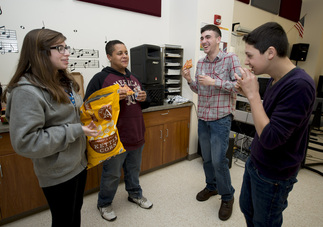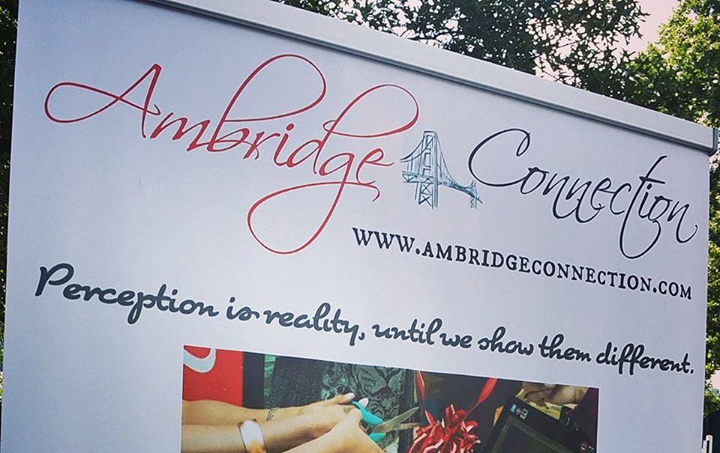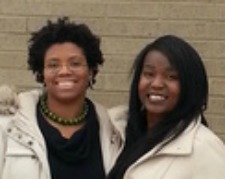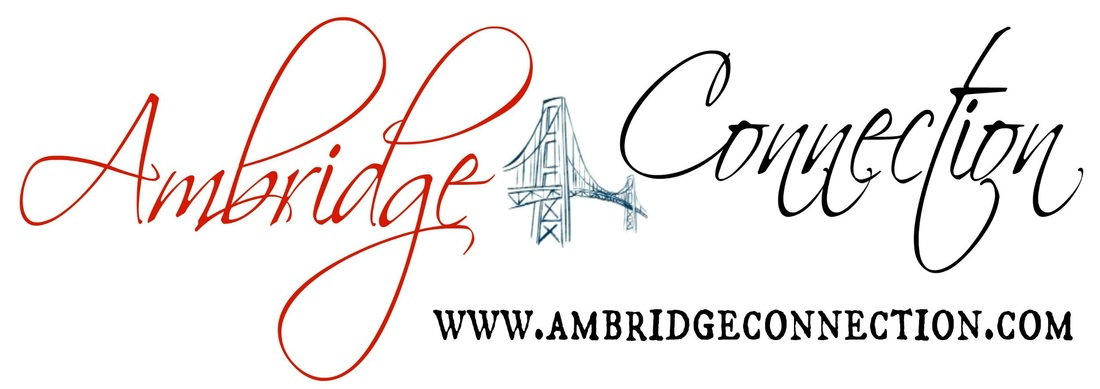
A new after-school program is available at the high school, thanks to the collaborative efforts between the Ambridge Area and Quaker Valley school districts.
Ambridge is now offering "Stage Life," a 12-session program that began last month and is being offered to any interested high school students.
Five years ago, and with the help of a grant from the H.J. Heinz Foundation, Quaker Valley started a similar successful after-school program based on the Project Zero Classroom concept.
Around since 1967, Project Zero is an educational research group at the Harvard Graduate School of Education composed of multiple, independently-sponsored research projects.
Hartman said the Project Zero Classroom is designed to help educators create classrooms, instructional materials and out-of-school learning environments.
Hartman, who is coordinating the program, said it promotes students' efforts to understand important contents, recognize and develop multiple intellectual strengths, encourage them to think critically and creatively, and assess work in ways that further their learning.
Quaker Valley is sharing the concept and some funding with Ambridge. Quaker Valley has nine faculty who will be training this summer at the Project Zero Classroom Institute at Harvard. Hartman will be the 10th person, which will enable Ambridge to become a Pittsburgh-based Project Zero cohort.
Unlike Quaker Valley’s visual arts-based framework, Ambridge Area High School’s "Stage Life" is dedicated to the musical arts and their surroundings, he said. The program leverages music as a platform for developing supporting leadership skills.
"The program fosters musicians, students who are interested in sound and recording engineering, and students who like to produce music by utilizing digital technology," Hartman said.
Hartman said students were asked to sign a contract that guarantees their commitment to their own success. This commitment includes regular attendance, acting as a role model, keeping a manuscript or journal, maintaining positive academic success and remaining a respectful member of the community at all times.
Each two-hour session begins with a program-provided snack. Students then divide into groups grounded in musical interest areas. Within each group, the students perform and record various forms of music.
Through the process of music making and recording, participants will be developing their skills in critical thinking, problem solving, cooperative learning, building relationships, and various performance techniques.
At the close of each session, the students are asked to journal their experience and to share thoughts on how the program should evolve.




 RSS Feed
RSS Feed